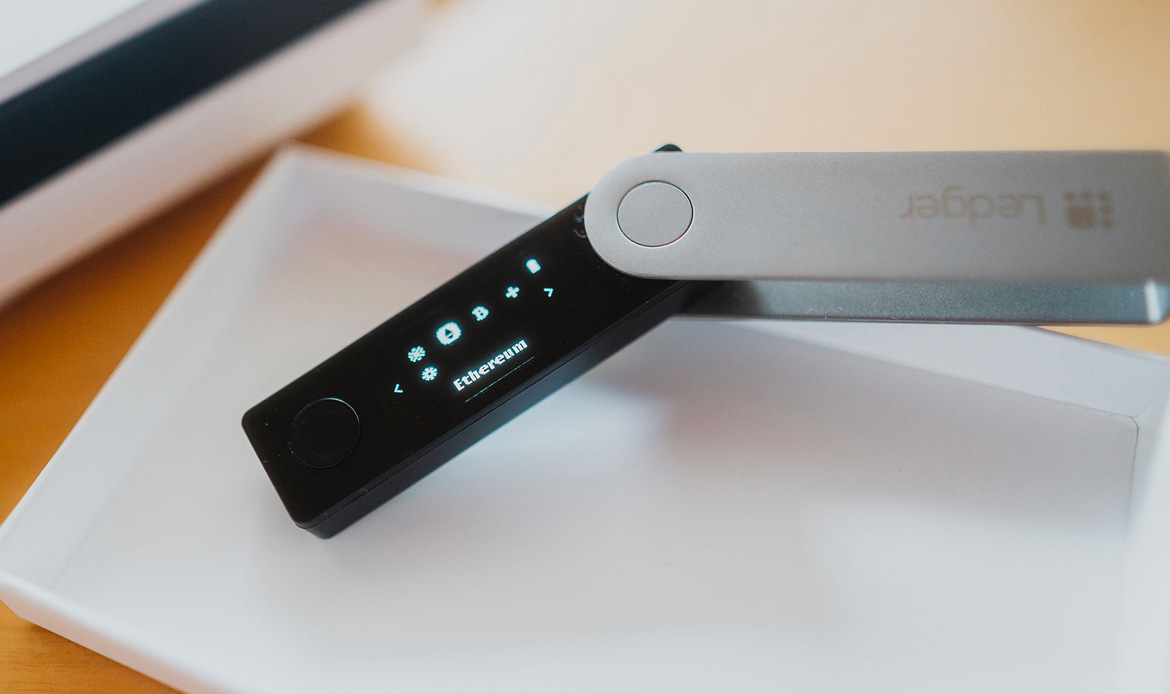The differences between the two and which one you should use for your Cryptocurrency.
In the world of cryptocurrency, safeguarding your digital assets is of paramount importance. With the rise in cyber threats and hacking attempts, it becomes crucial to adopt secure storage solutions. Two popular options that cryptocurrency holders often consider are cold wallets and hot wallets. Let’s delve into the differences between these two types of wallets and explore their unique features.
Cold Wallets
Cold wallets, as the name suggests, keep your cryptocurrency holdings offline and away from internet connectivity. These wallets are typically physical devices (hardware wallets) or paper wallets that store your private keys offline. By being disconnected from the internet, cold wallets provide an added layer of security, protecting your funds from online vulnerabilities such as hacking and malware attacks.
Hardware wallets, such as Ledger or Trezor, are popular examples of cold wallets. These devices store your private keys securely and require physical interaction to authorize transactions. They are often equipped with additional security features like PIN codes, backup seed phrases, and encryption, further enhancing the safety of your funds.
Paper wallets, on the other hand, involve printing out your private keys and public addresses on a physical piece of paper. This method allows you to store your cryptocurrency offline in a physical form, minimizing the risk of online threats. It is important to note that paper wallets should be generated securely and kept in a safe and controlled environment to prevent unauthorized access.
Hot Wallets
In contrast to cold wallets, hot wallets are connected to the internet, enabling convenient access to your cryptocurrency holdings. Hot wallets are primarily software-based, including mobile wallets, desktop wallets, and web-based wallets. They offer accessibility and ease of use, allowing you to manage and transact with your digital assets on-the-go.
Mobile wallets, as the name suggests, are smartphone applications designed for cryptocurrency storage and transactions. They provide a convenient and user-friendly interface, making it easy to send, receive, and manage your funds from your mobile device.
Desktop wallets are software programs installed on your computer, providing a secure storage solution for your cryptocurrency. They offer advanced features and control over your private keys, but they require regular software updates and precautions to protect against malware.
Web-based wallets, also known as online wallets, are accessible through web browsers. These wallets are hosted by third-party service providers, and while they offer convenience, they generally hold your private keys on their servers, which introduces an additional level of risk. It’s crucial to choose reputable and trustworthy online wallet providers to ensure the security of your funds.
Which Wallet is Right for You?
The choice between a cold wallet and a hot wallet depends on various factors, including the level of security desired, the frequency of transactions, and convenience. If you prioritize maximum security and long-term storage, a cold wallet is the preferred option. However, if you frequently engage in cryptocurrency transactions and require easy access to your funds, a hot wallet might be more suitable.
Many individuals opt for a hybrid approach, using a cold wallet for long-term storage of most of their cryptocurrency holdings, while keeping a smaller amount in a hot wallet for regular transactions.
Ultimately, regardless of the type of wallet you choose, it’s essential to follow best practices for cybersecurity, such as regularly updating software, using strong and unique passwords, enabling two-factor authentication, and being cautious of phishing attempts.
In conclusion, both cold wallets and hot wallets serve distinct purposes in the realm of cryptocurrency storage. By understanding their differences and evaluating your specific needs, you can make an informed decision to ensure the safety and security of your digital assets.
Recap:
- Connection: Hot wallets are online. Cold wallets are offline Speed: Hot wallets are fast and easy to use. Cold wallets take a bit more work.
- Security: Cold wallets are more secure. They are less vulnerable to hacks.
- Cost: Hot wallets are usually free. Cold wallets can cost money.
- Usage: Use hot wallets for small amounts and frequent transactions. Use cold wallets for large amounts and long-term storage.
